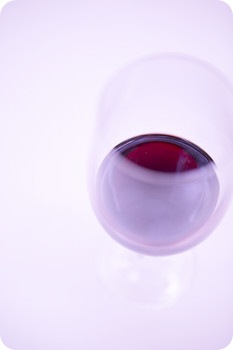Jul 31 2009
Scientists from Scotland and Singapore have unraveled a mystery that has perplexed scientists since red wine was first discovered to have health benefits: how does resveratrol control inflammation?
New research published in the August 2009 print issue of The FASEB Journal, not only explains resveratrol's one-two punch on inflammation, but also show how it-or a derivative-can be used to treat potentially deadly inflammatory disease, such as appendicitis, peritonitis, and systemic sepsis.
"Strong acute inflammatory diseases such as sepsis are very difficult to treat and many die every day due to lack of treatment," said Alirio Melendez, senior lecturer on the faculty of medicine at Glasgow Biomedical Research Centre in Scotland and one of the researchers involved in the work. "Moreover, many survivors of sepsis develop a very low quality of life due to the damage that inflammation causes to several internal organs. The ultimate goal of our study was to identify a potential novel therapy to help in the treatment of strong acute inflammatory diseases."
In this study, researchers administered an inflammatory agent to two groups of mice. One group was pretreated with resveratrol and the other group was not. The mice that were not pretreated with resveratrol experienced a strong inflammatory response, simulating disease in humans, while the group pretreated with resveratrol was protected from the inflammation. The scientists then examined the tissues of the mice to determine exactly how resveratrol was able to protect the mice from inflammation. They found that resveratrol used a one-two punch to stop inflammation in the mice by preventing the body from creating two different molecules known to trigger inflammation, sphingosine kinase and phospholipase D. This finding suggests that resveratrol may be harnessable as a treatment for inflammatory diseases and may also lead to entirely new resveratrol-based drugs that are even more effective.
"The therapeutic potential of red wine has been bottled up for thousands of years," said Gerald Weissmann, M.D., Editor-in-Chief of The FASEB Journal, "and now that scientists have uncorked its secrets, they find that studies of how resveratrol works can lead to new treatments for life-threatening inflammation."